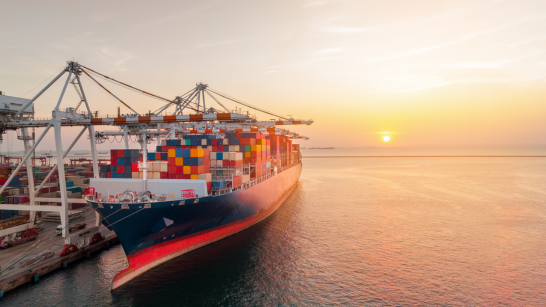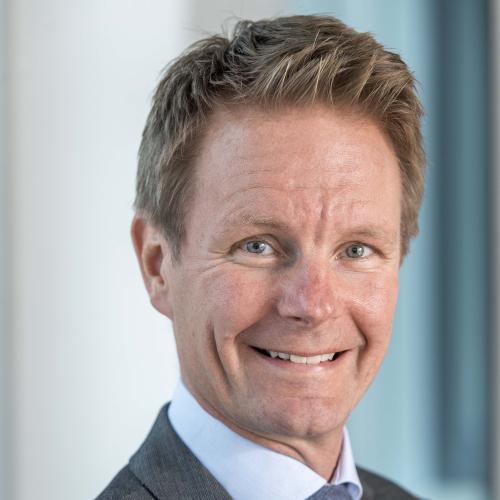
On Thursday 29 September the 3E Research Centre launched the Policy Forum Series on ”the Unilateralisation of EU Trade policies – asserting interests or deserting principles?” The series is organised by Prof Harri Kalimo (3E Research Centre (BSoG) and CCEEL (UEF)), 3E Researcher Simon Happersberger and Prof Ferdi de Ville (Ghent University). The event marked also the launch of Prof Kalimo’s Jean Monnet Chair ECOvalence, and its aim is to explore the multiple new trade policy measure, which the EU has recently initiated.
The EU measures are attracting considerable attention both within the Union and amongst its trading partners, and they resonate closely with the Union’s new “more assertive and sustainable European trade policy”, introduced early 2021. The measures are seen by many as aimed at increasing the Union’s strategic autonomy; defending European values and interests in a world that is increasingly geopolitical. Concerns over secure supplies have only exacerbated as a consequence of the Russian war on Ukraine. The new trade measures however also have the objective of leveraging the EU’s economic power with its trading partners in sectors beyond trade, such as labour standards and environmental sustainability. Are we thus witnessing in the EU a shift away from multilateralism towards more defensive, unilateral policies? Is such a unilateralist shift blending trade with other policies, such as the environment and climate?
These questions were addressed in the opening event of 29.9. by top level experts, namely Claire Cheremetinski (Perm Rep France), Markku Keinänen (Perm Rep Finland), Peter Sandler (DG Trade) and Stephen Kho (partner, Akin Gump LLP). “A very instructive and enjoyable exchange of thoughts”, commented the guest moderator of the session, prof Joost Pauwelyn (Geneva Graduate Institute, visiting scholar at the 3E Centre). The lively discussion is well captured by the quotes that Politco published on the event (see below).
After the launch event on 29 September, this series of four public policy forums will continue in thematic sessions in a bi-weekly format (16.00-17.30 on Thursdays), scrutinising key measures dealing with competition (“Levelling the playing field”) 13 October, sustainability (27 October) as well as geopolitics (10 November).
Media company Politico referred to the event as follows:
(Politico, 4.10.2022 News bulletin) ASSERTIVENESS IS NOT UNILATERALIZATION: Words matter. That was made clear by Peter Sandler, director in the European Commission’s trade department, when asked about the unilateralization of EU trade policies at an event last Thursday. Sandler argued that assertiveness is not per se the same as unilateralism. He laid out how the EU has “rebalanced” the set of trade instruments at its disposal, recognizing “that in many cases to work with big partners — the U.S., China — we need to have sufficient leverage to be able to help to ensure the right sorts of outcomes (…) for European interests.”
The French push: Claire Cheremetinski, responsible for trade at France’s Permanent Representation to the EU, laid out why this rebalancing was so important: “We need to rely on a common rules-based system and a common rulebook, but the problem we have is that it’s not the case for all our partners. They don’t rely necessarily on the common rulebook, and they act in an autonomous manner, in unilateral ways that are not consistent with the rulebook.”
Nordic pushback: Markku Keinänen, the Finnish ambassador to the EU, warned not to take it too far. “We still, as a Northern trade liberal country, feel strongly that we shouldn’t go too far with this assertiveness in a way.”
A bit of rebalancing is fine, but …: “Fine, this is a deterrent. Sure. But we are a bit afraid that if the deterrent won’t function, then we are in a war, in a trade war, and that may cause difficulties to all of us, when fully acknowledging that we need these instruments, but that is the other side of it. Are we ready to use it? Are we ready for a nuclear war with Russia for example? So we would still like to keep the line there, that we have to remain open as well.”
Organised with the ERASMUS+ funding for the Jean Monnet Chair ECOvalence (Grant 101085564).



